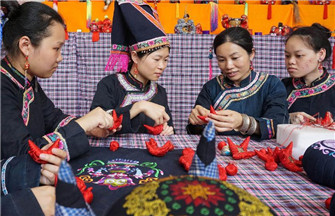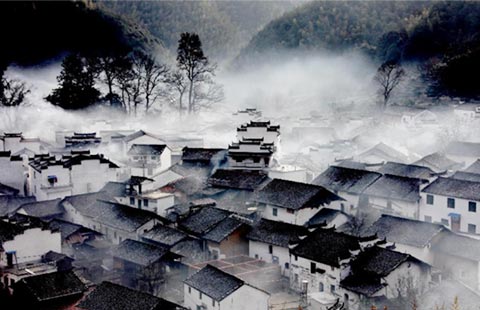Master artist strives to preserve Tibetan calligraphy
( CNTV ) Updated: 2015-06-18 15:41:04
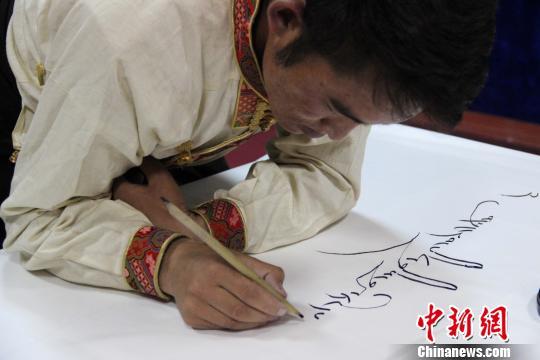 |
|
Banjue became an inheritor of the intangible cultural heritage of the Tibet Autonomous Region.[Photo/Chinanews.com] |
Tibetan calligraphy is an important part of the region's cultural heritage. It's been widely used in classic sutras.
48-year old Banjue has been interested in Tibetan calligraphy since he was a child. At the age of 17, he officially become a student of a master calligrapher and has been practising the art for decades. In 2014, Banjue became an inheritor of the intangible cultural heritage of the Tibet Autonomous Region.
Banjue now is a curator of a Tibetan calligraphy museum. The museum now houses art works of over 86 types of Tibetan calligraphy. Together with some predecessors and his colleagues, he has collected the items from across the region after years of hardwork.
"Tibetan calligraphy boasts a variety of styles, but many are being lost as time goes by. I spent most of my time researching and studying calligraphy works. It's my hope to preserve and promote the ancient art," Banjue said.
Besides managing the museum, the artist also recruits students from different walks of life and teaches them the art of Tibetan calligraphy. Through these efforts, he intends to introduce Tibetan calligraphy to a wider audience.
|
|
|
|
|
|
|
|
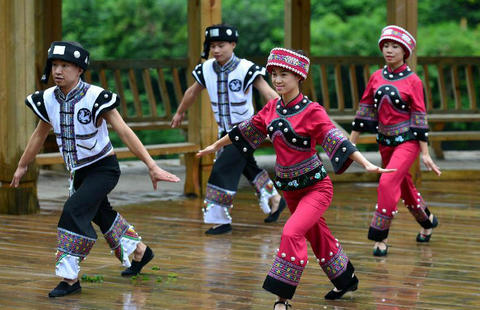

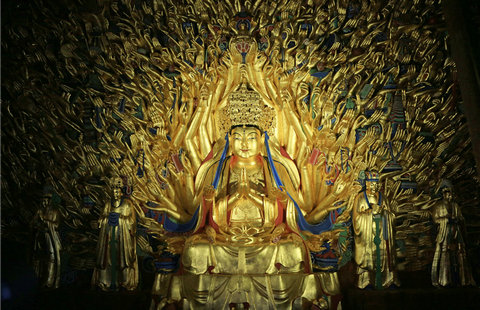
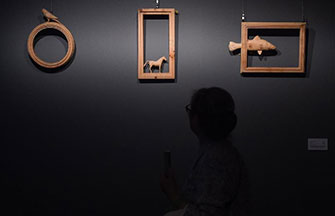

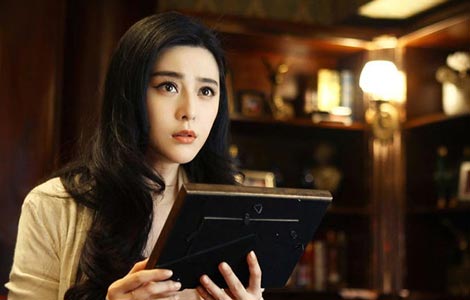

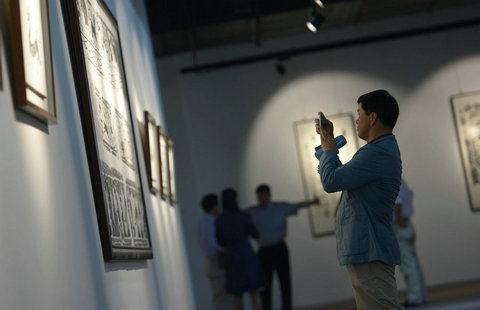











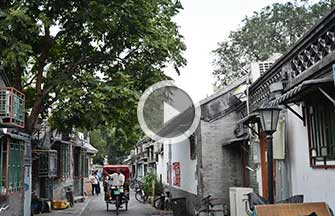

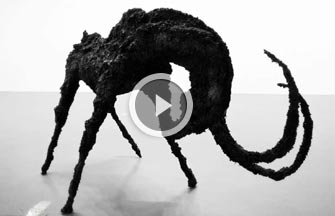
 Raymond Zhou:
Raymond Zhou: Pauline D Loh:
Pauline D Loh: Hot Pot
Hot Pot Eco China
Eco China China Dream
China Dream China Face
China Face
